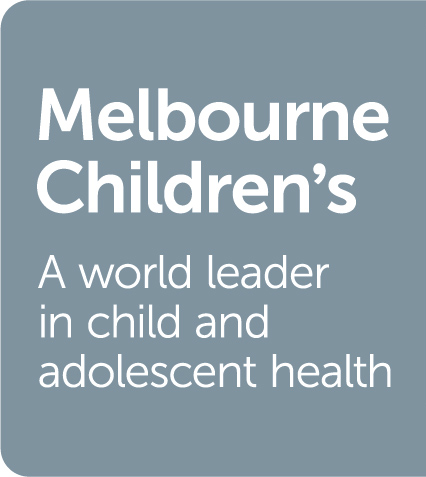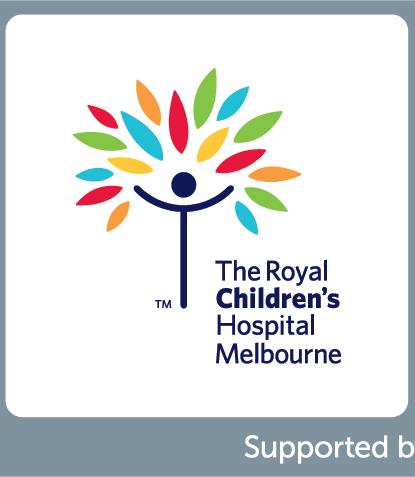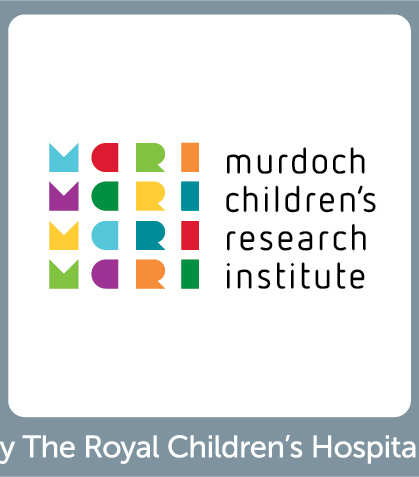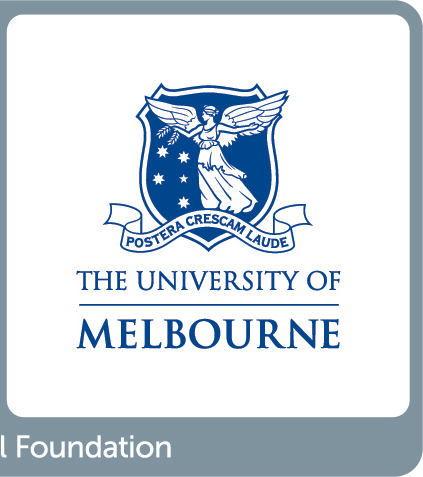FCC activities
Part of the Key Area of Family Centred Care objective is to design and implement an evidence-based model of family and carer (including sibling) mental health detection and support and embed this in standard care. Through research, engagement and education, this objective identifies the need to address whole child health and wellbeing through considering and supporting the environment around the child, including family and carer mental health concerns.
Supporting staff to assess and monitor the mental health needs of families, carers and siblings is an important step towards knowing when, where and how to get help for the whole family. A key focus of this objective will be promoting a model of care that is responsive to the needs of diverse families and carers, including siblings.
Supporting staff to assess and monitor the mental health needs of families, carers and siblings is an important step towards knowing when, where and how to get help for the whole family. A key focus of this objective will be promoting a model of care that is responsive to the needs of diverse families and carers, including siblings.
Update – August 2022
Within the Family Centred Care key area, we have been working to develop the project scope, as well as a series of design workshops. In these workshops, the model of care that will detect and respond to self-identified mental health concerns of parents, carers and siblings will be designed with Lived Experience Advisors (people with lived experience of mental health) and campus staff.
Key points of the ‘patient journey’ have been recognised that will support the identification of parent, carer and sibling mental health concerns (Figure 1). Each point needs to be collaboratively designed into a new model of care.
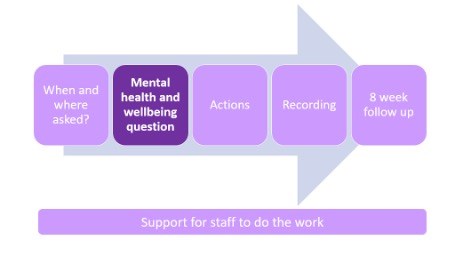
Figure 1. Framework of patient journey, for design workshops
This new model of care is aimed at addressing:
“There is a lack of consistent service response to self-identified mental health concerns in parents, carers and siblings of children and young people seeking treatment for health conditions at the Royal Children’s Hospital, Melbourne. This detracts from efforts to provide family-centred care, which improves outcomes for patients and better supports the needs of their families.”
The new, collaboratively-designed model of care considers:
- Scope of mental health - Mental health and wellbeing addressed in this model of care will focus on self-reported mental health and wellbeing concerns. The model will not take a deficit or expert view of mental health i.e. not focused on disorder identification.
- Principle based design - The way staff work within the new model of care will be informed by the principles of partnership. These are:
Equity and reciprocity: Staff work in a way where the parent, carer, sibling, child and staff member all leave the encounter having experienced positive change in some way.
Build capacity of people: Staff mental health knowledge, skills and resources will be supported, to make sure the model of care is sustainable.
Do no harm: The model of care will do no seen or perceived harm to staff or families.
Workforce is critically reflective: Staff will be supported to be reflective of their technical and relational expertise and able to take on feedback positively.
Mental health as a ‘wellbeing continuum’

Adoption of a continuum-based model as presented in The National Children’s Mental Health and Wellbeing Strategy highlights functioning rather than diagnosis, and associated changes away from use of stigmatising language. The key purpose of a wellbeing continuum is as a conversation starter about the parent, carer or sibling’s mental health and wellbeing. The continuum we are adopting describes wellbeing as: ‘good’, ‘coping’, ‘struggling’, or ‘overwhelmed’.
Use of the continuum is not intended to distinguish mental health disorders from behavioural or emotional concerns, but to identify parents, carers and siblings for whom further assessment of their mental health and wellbeing is warranted.
Next steps:
A series of design workshops will run over the coming months. Lived Experience Advisors, staff from pilot sites, and content experts will come together in various ways to design the model of care that will be piloted in two RCH sites. This pilot model of care will then be evaluated and scaled to other RCH sites.
Development of family, carer and staff mental health literacy resources is part of the Key Area of Family Centred Care. The aim is to design and implement campus wide education, training and support in mental health literacy for families, carers and the workforce. Families, carers and staff will have access to education and resources to know when and how to seek help early for a child or young person experiencing mental health concerns, and optimise their wellbeing. This objective will also support skills to help families and carers navigate mental health services. This recognises that ‘right place right time’ mental health education can promote the early identification and access to mental health support for children and young people. Families, carers and consumers will be engaged in the development of education, tools and support within this objective.
Acknowledgement of Country



At Mental Health Central we acknowledge the traditional custodians of the land on which we live, gather and work. We recognise their continuing connection to land, water and community. We pay respect to Elders past, present and emerging.
